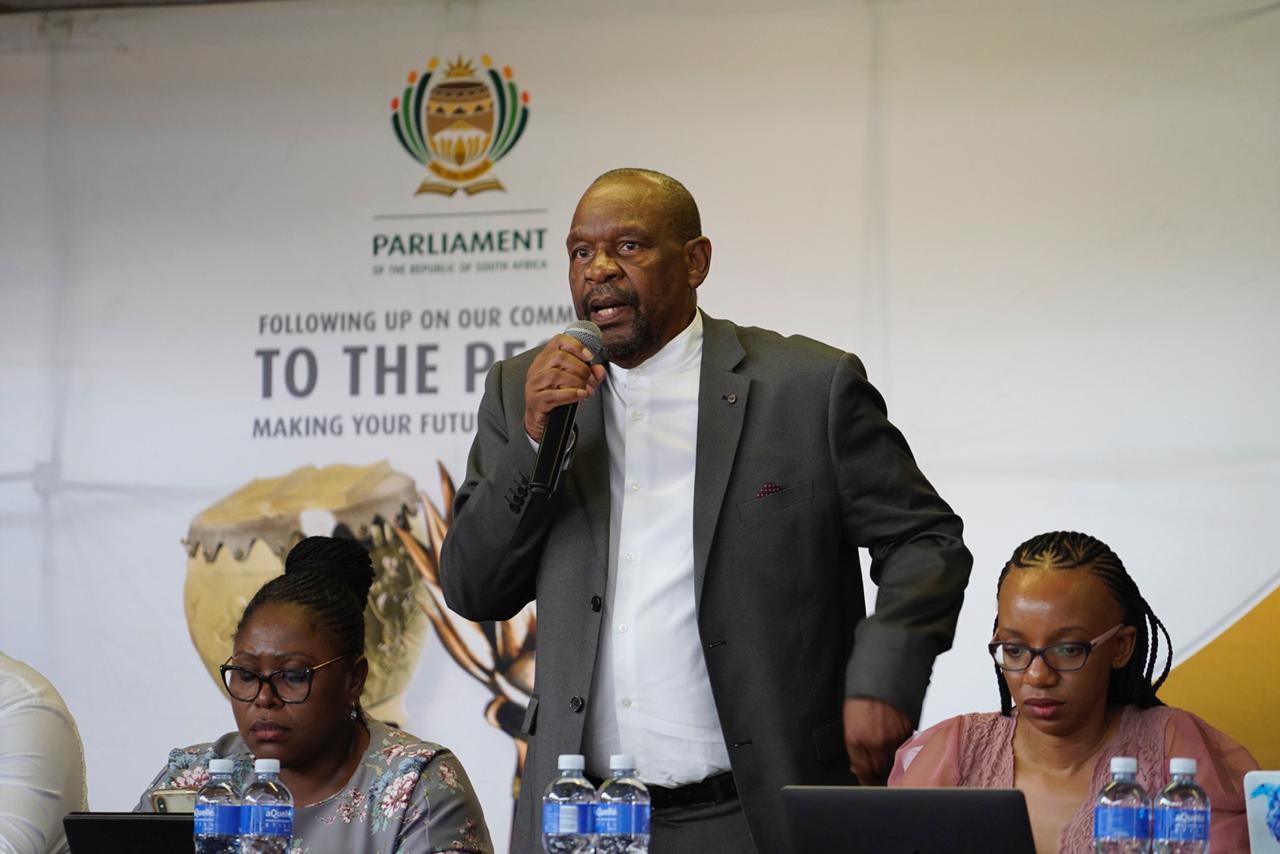The civil rights organisation AfriForum attended one of the public hearings on the amendment of Section 25 of the Constitution in Soshanguve today.
Ernst Roets, AfriForum’s Head of Policy and Action, delivered a speech at the hearing. He emphasised the fact that the ANC’s pursuit of expropriation without compensation is nothing more than a political ploy. He also highlighted the myriad of examples of corruption that have plagued attempts to realise land reform in South Africa, especially the fact that only 6,3% of land acquired by the state has to date been transferred to private ownership.
Furthermore, over 90% of those who had instituted land claims indicated that they were not interested in owning agricultural land and that they would rather prefer money as compensation. The South African government also admitted that more than 90% of farms distributed by the state to black African communities had failed and had usually reverted very quickly either to subsistence farming or to squatter camps.
Roets argued that the “hunger for land” is largely a myth, particularly with regard to the demand for rural land with the aim of becoming farmers, citing that 82% of land claims were for urban land rather than rural land. The South African Institute of Race Relations surveyed South Africans and asked them what they believed had to be done to improve their lives. Only 8% of respondents indicated that they believed that land reform would improve people’s lives. The survey also found that a mere 2% of people in South Africa believed that accelerated land reform should be a top priority for the South African government. The ANC’s pursuit of expropriation without compensation is therefore exposed as nothing more than a ploy to gain more power and looting opportunities.
“The ANC government were always referred to domestically and abroad as a party of peace, reconciliation and freedom, but they have lost that reputation, especially internationally. They are now known for their power-hungry behaviour, corruption and support of discriminatory policies. Expropriation without compensation is only another step for the ANC in their pursuit of the National Democratic Revolution – centralising even more power in the hands of the state, rather than helping the poor,” Roets concluded.
According to Dr Eugene Brink, Strategic Advisor for Community Affairs at AfriForum, it is undoubtedly so that countries with weak property rights are poor countries. “Conversely, those with strong property rights are rich countries. Unfortunately, the sad state of Africa is the best proof of this,” Brink said at the hearing.




